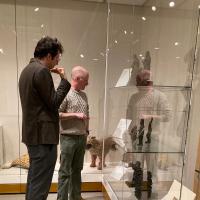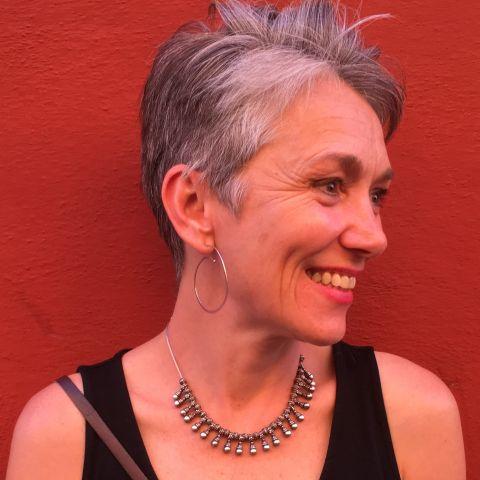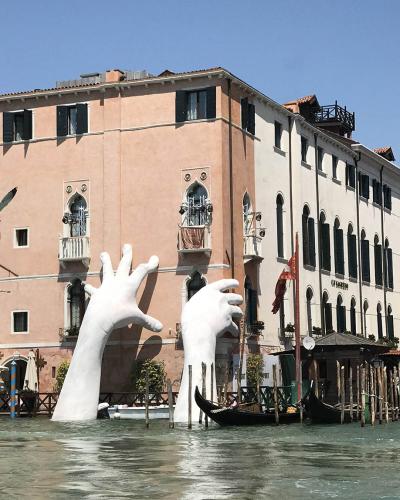Announcing the 2025-26 Fellows at the Society for the Humanities:
Durba Ghosh, Taylor Family Director
Society for the Humanities Fellows
Elizabeth Barrios, Modern Languages and Cultures, Albion College
Plastic Environmentalisms: Petrocultures and Climate Denial in Latin America
Teagan Bradway, English, SUNY Cortland
Sustaining Groups: Queer Kinship and the Practice of Attachment
Luke Fidler, Art History, University of Southern California
Coercive Form
David Leheny, Graduate School of Asia-Pacific Studies, Waseda University
Scaling Affects: “Digital Garden Cities” and Imagining Lives in Contemporary Japan
Ng’ang’a Wahu-Muchiri, English, University of Nebraska-Lincoln
Water & Waterscapes in Writing from the African Continent
Leif Weatherby, German, New York University
The Mismeasure of Mind and the Scale of Probability
Society for the Humanities Faculty Fellows
Benjamin Anderson, History of Art & Classics
Robert Wood’s Views and Measures: Figures for Scale
Ernesto Bassi, History
Playing with Scales: A Global History from a Small Place called Santa Marta
Michell Chresfield, Africana Studies & Research Center
What Lies Between: Race, Science, and the Making of America’s Triracial Isolates
Shaoling Ma, Asian Studies
Asia in Loops
Mellon Graduate Fellows
Isabel Calderón Reyes, Romance Studies
The Errant Child: Rescaling National Memory in Latin American Fiction and Film
Yue Zhao, Science and Technology Studies
Embodying the Information Age: Sciences and Technologies of Potentiality in Post-socialist China,1976-2000
Mellon Postdoctoral Fellows
Aditya Bhattacharjee, Asian Studies
Amanda Martin-Hardin, History
Ayşe Polat, Near Eastern Studies
Liz Schoppelrei, German Studies
Humanities Scholars Program Postdoctoral Associates
To be announced at a later date.
2025-26 Focal Theme: Scale
Scale (or scales) as a form of measurement that can generate relationships between objects or ideas, forms of embodiment, ideas of justice. From the object (noun) by which we measure to the process of scaling (verb), scale is a question we are constantly confronted with. Thinking about scale through humanistic inquiry raises questions about the cultural, social, moral, aesthetic, political implications of quantification. How big of a story, of a theory, of a history does one need to tell to properly encompass an object or idea? What is too much, too many (maybe excessive)? What is too little, too few (maybe insufficient)? What does it mean to say something is out of scale? What does it mean to propose "scaling up" or "scaling down"? How do scales facilitate or interfere with comparison?
Scale provokes us to consider how concepts of proportionality shape our lives. For example, encouragement to eat a "balanced" diet is related to weight and the shaming, anxieties, gendering, stereotyping accompanying it; weighing the scales of justice shapes how we balance punishments that are proportional against those that are disproportional. Beauty (in art and in life) is often defined by "good" proportions where one element does not overpower another; "bad" proportions unsettle and destabilize, with imbalance a threat to the putative stability of our vision of ideal forms. As we analyze and critique the small and big picture, the detail and the context, the part and the whole, the global and the local, the model and the so-called “real,” scale is central to how we evaluate and assess whether an idea, argument, narrative or artwork is effective.
Image: Lorenzo Quinn, Support, www.lorenzoquinn.com






